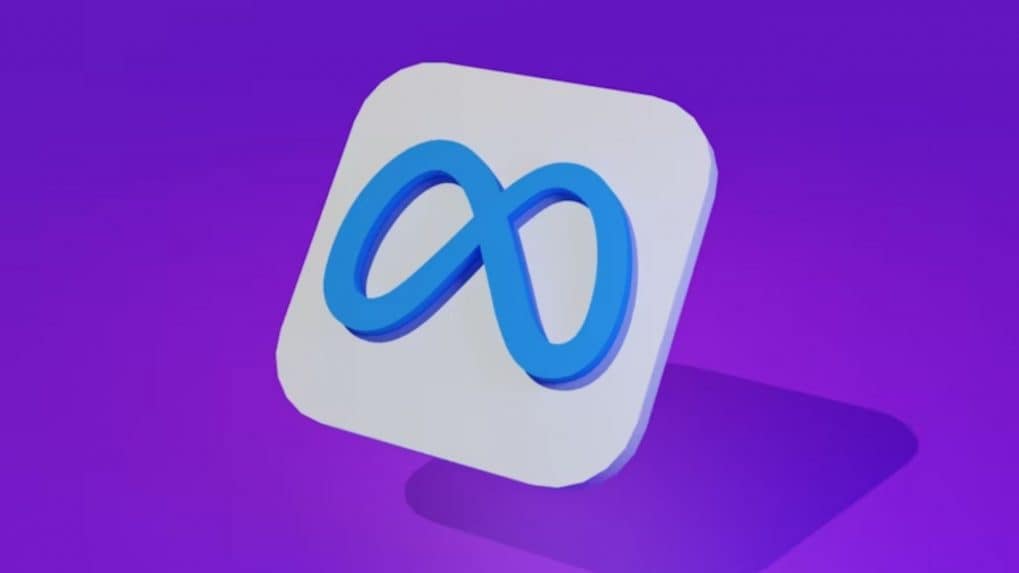Advertising
From Pink Slips to Silent Sidelining: Inside adland’s layoff and anxiety crisis

The National Company Law Appellate Tribunal (NCLAT) has concluded hearings and reserved its order on appeals filed by Meta Platforms and WhatsApp, according to media reports. The appeals challenge a penalty imposed by the Competition Commission of India (CCI) related to WhatsApp’s 2021 privacy policy update.
Meta had contested the CCI’s November 2024 decision, which levied a penalty of ₹213.14 crore over alleged unfair business practices associated with the updated policy. The policy in question allowed WhatsApp to share user data with Meta and its group companies, such as Instagram, without offering users an option to opt out.
In January, NCLAT stayed a separate CCI directive that had prohibited WhatsApp from sharing user data with Meta or its affiliates for five years. The tribunal, while admitting the matter, noted concerns about the potential impact on WhatsApp’s business model, as the service is offered free of charge. The case was taken up for detailed hearing following preliminary arguments on January 16.
Earlier this month, Meta reportedly argued before the tribunal that data collected from WhatsApp users is proprietary and essential to improving its technology.
“By leveraging user data from WhatsApp, Meta can enhance its technology. It’s collected by me, it’s my personal property. Shall I give it to my competitors?” senior advocate Arun Kathpalia, representing Meta, told the tribunal, as per media reports.
From purpose-driven work and narrative-rich brand films to AI-enabled ideas and creator-led collaborations, the awards reflect the full spectrum of modern creativity.
Read MoreLooking ahead to the close of 2025 and into 2026, Sorrell sees technology platforms as the clear winners. He described them as “nation states in their own right”, with market capitalisations that exceed the GDPs of many countries.